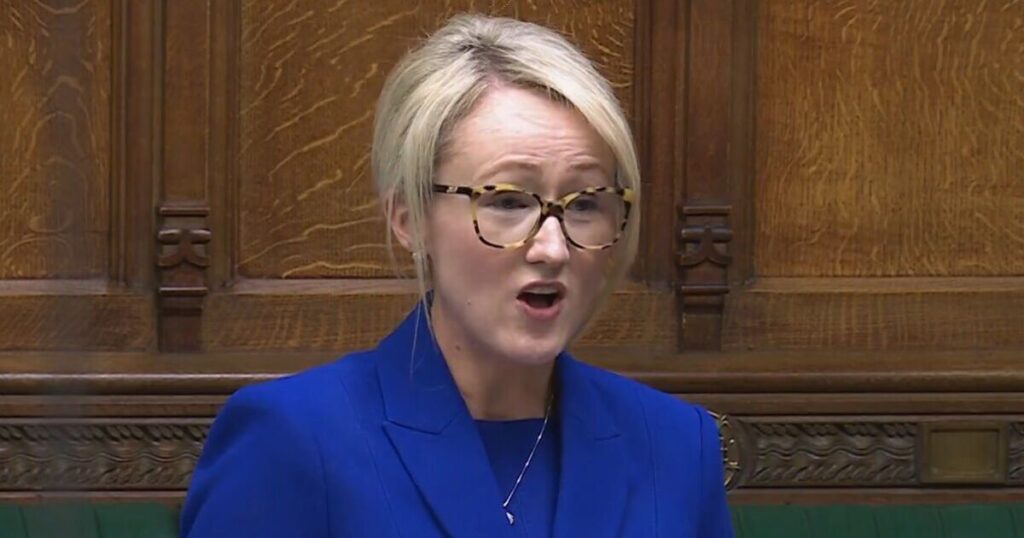
MPs backing the WASPI campaign (Women Against State Pension Inequality) have made the case for compensation in a debate in Parliament.
Labour MP Rebecca Long Bailey opened the debate in the Commons, urging the Government to meet with the campaigners representing the 1950s-born women and to “put considerations for financial redress” back on the table.
DWP ministers announced at the end of last year there would be no compensation for the women who were affected when their state pension age went up from 60 to 65 and then 66.
They claim they were not properly informed of the change with many unaware they would have to wait several more years to claim their state pension, ruining their retirement plans when they did find out.
A previous investigation by the Parliamentary and Health Service Ombudsman found there was maladministration on the part of the DWP and they should have sent out a letter about the change sooner.
The watchdog also recommended payouts ranging from £1,000 to £2,950, but Labour announced at the end of last year that there would be no compensation.
Ministers argued most women did know of the rise in their state pension age and that writing to them sooner would have made little difference.
Ms Long Bailey warned that the decision for the Government to reject the Ombudsman’s recommendations was “unprecedented” and “dangerous”, in setting a precedent that ministers can ignore the findings of an independent adjudicator such as the Ombudsman.
She said: “It strips away one of the only levers that citizens have to hold the Government of the time to account. All the amazing campaign groups that we in this House work with are clear: this has been a state injustice.
“It has caused significant harm to these women, and while welcome, a limited Government apology is, without any material redress, not acceptable for a grave injustice that has driven so many into debt or poverty.”
Other MPs stood up to show their support for the WASPI cause. In previously presenting its finding, the Ombudsman recommended that Parliament take up the issue.
Independent MP John McDonnell echoed this viewpoint, saying: “We in this House should be demanding that this House determines the scheme itself and is allowed to vote on that scheme.
“A Budget is coming up in November. A number of us will not support that Budget unless there is something in it for these women. Why should we? Why should we let this go on for another year, while people suffer and the injustice goes unremedied?”
Many individual MPs back compensation, with some political parties taking it up as their policy, including the Liberal Democrats, the SNP and the Green Party.
Liberal Democrat MP James MacCleary said: “This Government made a cynical calculation that these women can be ignored and that they would not fight back and would not keep pushing.
“But they underestimate the strength and determination of women across this country, including in my constituency, who have stood up and demanded fairness. This decision cannot and must not stand.”
Pensions minister Torsten Bell provided a response from the Government. He said: “The Government agree that letters should have been sent sooner.
“We have apologised, and we will learn the lessons from that. However, as honourable members and campaigners on this issue are well aware, we do not agree with the Ombudsman’s approach to injustice or to remedy.”
The WASPI campaign has applied for a judicial review of the DWP’s decision not to grant compensation, which the high court has agreed to take on.
Even if the decision is overturned, this does not guarantee compensation for the women, as Labour could put forward other reasons for why there should not be payouts.
 Latest World Breaking News Online News Portal
Latest World Breaking News Online News Portal






